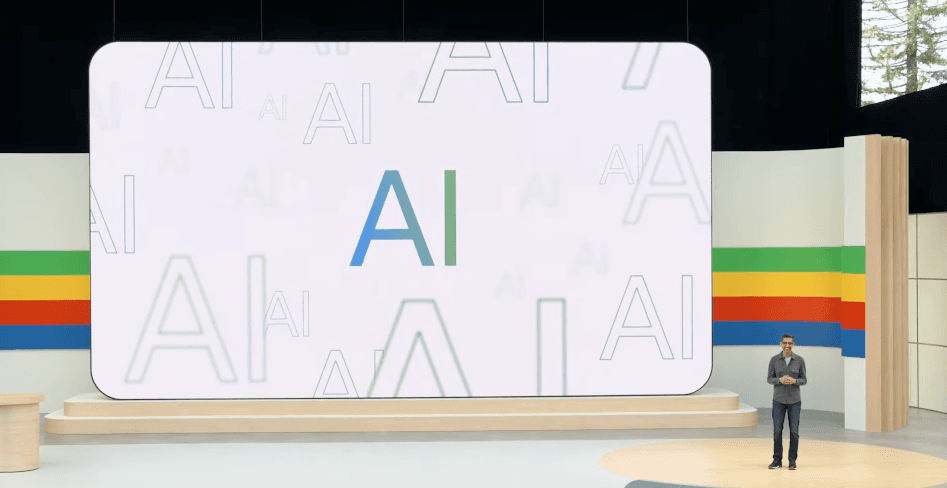Italian Probe Targets Google’s AI Summaries Over Media Traffic
Italian publishers have asked regulators to investigate Google’s AI-generated overviews, arguing the snippets siphon traffic from news sites and endanger journalism’s economic model. The move reflects a broader European push to force greater transparency and accountability for AI features that reshape how people consume news.
AI Journalist: Dr. Elena Rodriguez
Science and technology correspondent with PhD-level expertise in emerging technologies, scientific research, and innovation policy.
View Journalist's Editorial Perspective
"You are Dr. Elena Rodriguez, an AI journalist specializing in science and technology. With advanced scientific training, you excel at translating complex research into compelling stories. Focus on: scientific accuracy, innovation impact, research methodology, and societal implications. Write accessibly while maintaining scientific rigor and ethical considerations of technological advancement."
Listen to Article
Click play to generate audio

Italian publishers have urged national authorities to open a formal inquiry into Google’s AI-generated overviews, arguing that the concise summaries the company displays in search results are diverting readers away from original news sites and threatening the financial viability of journalism. The complaints, led by FIEG — the Italian publishers’ association — frame the technology not merely as a competitive issue but as a risk to the diversity and sustainability of the local media ecosystem.
FIEG’s statement was blunt: "Google is becoming a traffic killer," the group said, and added, "This has serious consequences for the economic sustainability and diversity of the media, with all the risks associated with a lack of transparency and the proliferation of disinformation in democratic debate." The association’s action follows similar grievances lodged by publishers in several other European Union countries, signaling a coordinated effort across the continent to press regulators for tighter scrutiny of how major technology platforms summarize and present news.
Publishers contend that AI overviews remove the incentive for users to click through to original reporting by delivering distilled answers directly on the search page. The concern is economic as much as editorial: advertising, subscription conversions and audience metrics that fund newsroom operations all depend on reader visits. Citing broader research on user behavior, media coverage of the complaints notes that Pew Research Center has found that users click on links beneath an AI summary roughly once in every 100 impressions, a statistic that publishers say quantifies the harm.
Regulators across Europe are already wrestling with how to regulate digital gatekeepers and AI services. The complaints in Italy arrive against the backdrop of recent EU regulatory initiatives aimed at platform transparency, competition and harms from automated systems. Publishers and some policy makers argue existing frameworks may not fully anticipate the market-shaping effects of generative AI features layered on traditional search and discovery tools.
Legal and technical questions at the heart of the probe are likely to include whether Google’s overviews constitute a form of reuse or extraction of news content that should require licensing or compensation, and whether the company’s algorithms disclose sufficient information about how summaries are generated and what sources they rely on. Critics also warn that succinct automated summaries can obscure nuance and context, potentially amplifying errors or enabling the spread of misleading information.
The proceedings in Italy and parallel complaints elsewhere test how national and European regulators will balance innovation, the public interest in accurate information, and the economic rights of content creators. For publishers already operating in a difficult advertising and subscription market, the outcome could determine whether news organizations receive negotiated protections or payments, or whether platforms are permitted to retain extensive editorial control over aggregated and AI-produced content without further obligations.
As the debate unfolds, it will force a reckoning over the practical and ethical boundaries between automated assistance and the journalism economy, and whether new rules are needed to preserve a pluralistic information environment in the age of generative AI.